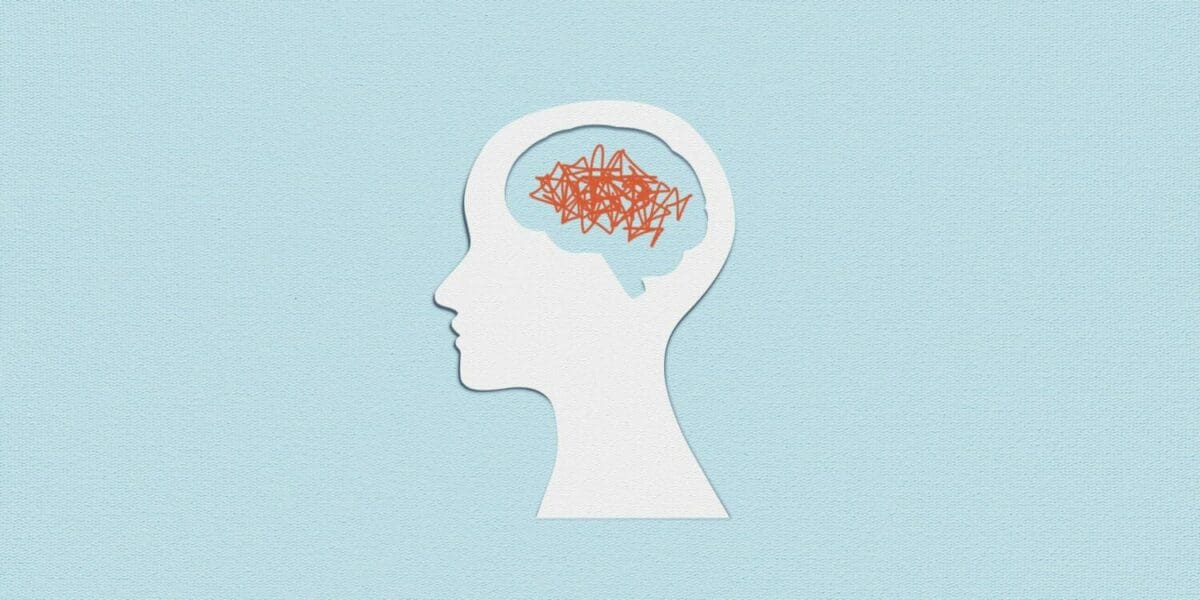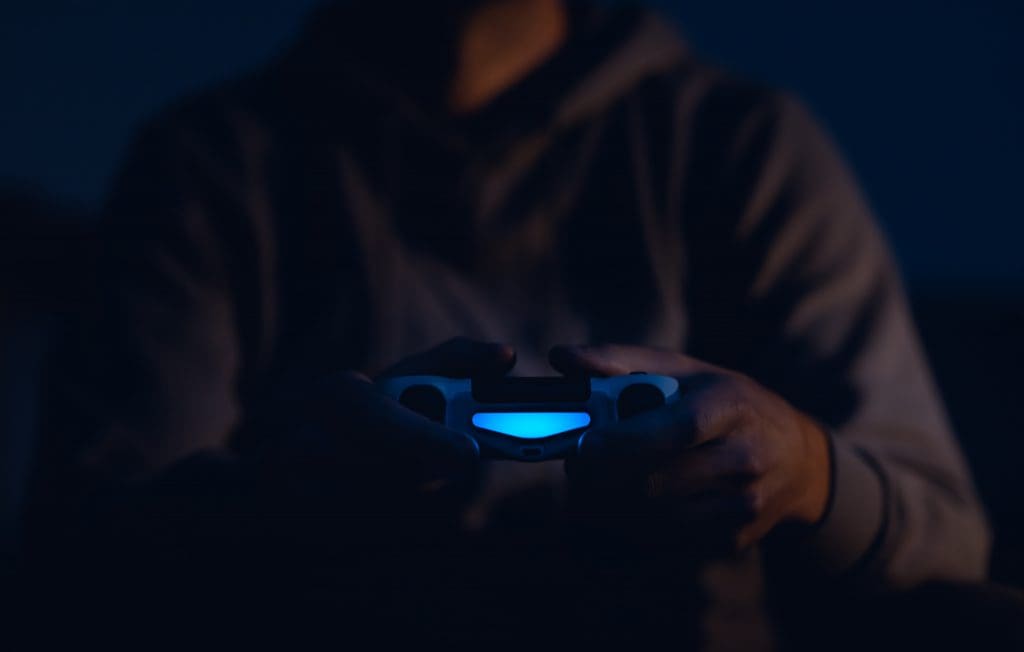
The Toll of Activism Online
June 25, 2024 in Social Media Guide
Participating in causes to help make a difference and support the underprivileged can be an incredibly rewarding experience. Social media has made activism that much easier too – think of the hashtags and fundraisers people post about or how simple it is to repost other people’s posts on your story about important issues and how to get more information about the topic. Social media can also help you learn more about issues that may not be covered in detail in the media (think of the current situation in Palestine for example), and just exposure to campaigns can lead to a significant increase in support of the people being affected.
This accessibility is incredibly helpful and can still make a difference, even if it’s just providing the smallest bit of support, but it can also be taxing and overwhelming. Self-care and maintaining one’s mental health has become an important topic for activists, especially since the subject matter is most likely going to be painful on some level. Even if social media puts you in a physical safe space to talk about these issues, you can still feel a secondhand effect (known as compassion fatigue) and can lead to burnout. People who participate in activism online are more likely to have a tendency to gravitate towards issues that are related to their identity (i.e. their race, gender, or religion), and having that personal connection can lead to heightened anxiety and depression effects.
Just the exposure to these issues on social media can have an effect on your mental health, even if you’re not participating in online activism. There might be guilty feelings involved because you aren’t doing anything, and some of the wording on some of the posts can almost feel accusatory if you don’t get involved, which can further those feelings of guilt. Looking at posts can not just be upsetting, but can also make you angry and the bad things going on, and you can feel overwhelmed thinking about how nothing you do will be enough.
Both participating in and witnessing online activism can be hard and triggering, especially for people of color and other marginalized groups. It can be tough figuring out how much you want to and can support, and sometimes you might really care about an effort, but it can hit too close to home or be too mentally exhausting for you to get involved in. Your level of comfort with what you engage in online – activism or not – is for you alone to understand and defend, whether it’s on deciding who you want to follow or if you need filters on posts.. Whether the social justice content is too triggering or it’s something you make sure to talk about and participate in, your mental health should be one of your top priorities.
Do you participate in activism on social media? What causes do you post about? Are there times where this feels overwhelming for you? If so, what do you do?























Recent Comments